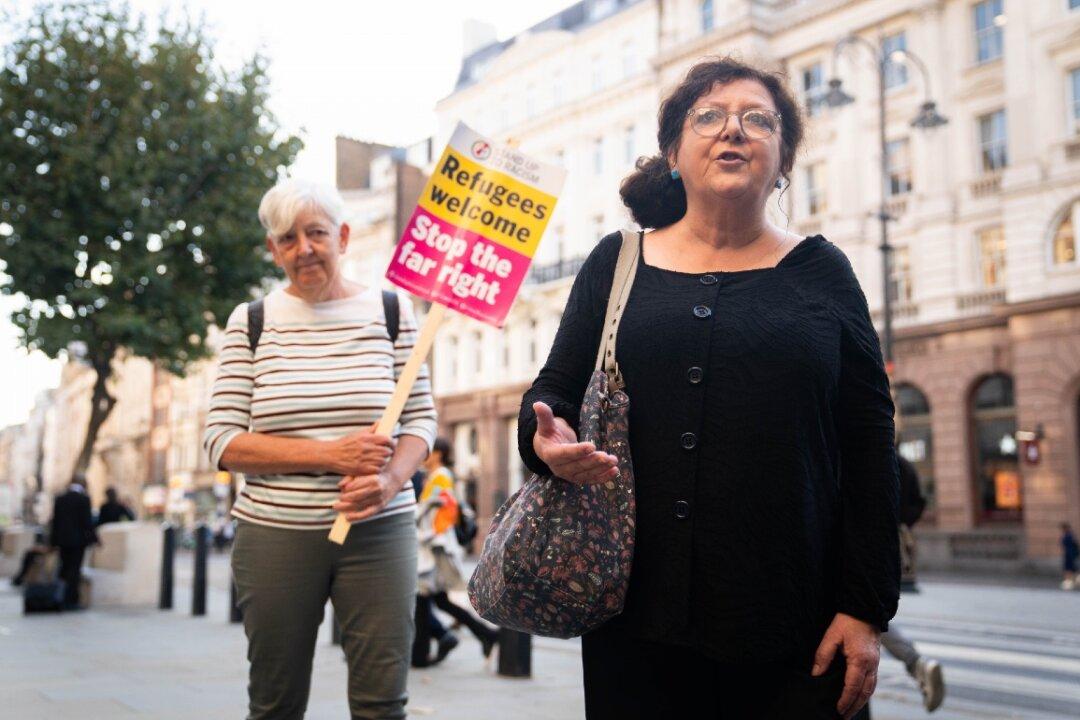Illegal immigrants forced to leave a barge over an outbreak of Legionella bacteria have been told they can return to the vessel.
The Home Office confirmed on Tuesday it sent letters to immigrants about re-embarking on to the Bibby Stockholm, docked at Portland Port in Dorset.





